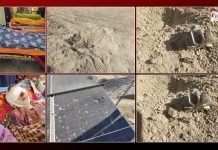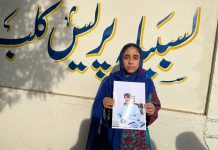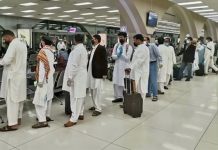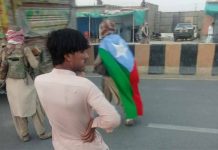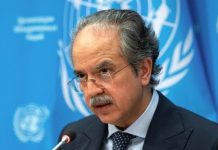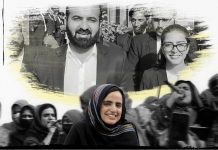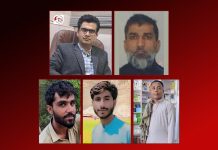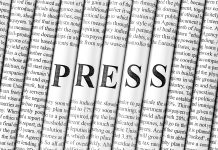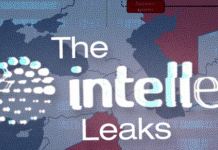A bombing in a mosque during the evening prayer in the Afghan capital of Kabul killed ten, including a prominent cleric, and wounded 27 others. The attack is the latest to strike Afghanistan in the year since the Taliban seized power. No group has claimed responsibility for the attack. Several children were reported among the wounded.
According to the details, a suicide bomber targeted the Siddiquiya Mosque in the Kher Khana neighbourhood of Kabul. The slain cleric was Mullah Amir Mohammad Kabuli, a prominent religious leader and imam in the area. The Italian Emergency hospital in Kabul said that at least 27 wounded civilians, which also included children, were brought there from the blast site.
Taliban-appointed spokesman for Kabul police, Khalid Zadran, confirmed an explosion in northern Kabul but did not provide additional details like a casualty toll or a breakdown of the dead and wounded. Taliban spokesman Zabiullah Mujahid condemned the explosion and vowed that “perpetrators of such crimes will soon be brought to justice and will be punished.”
The Islamic State group’s local affiliated has stepped up attacks in Afghanistan since the withdrawal of the US forces and Taliban takeover. The deadliest attack by the group came last year when the US forces leaving Afghanistan were targeted at the Kabul airport, killing 13 American soldiers and at least 170 Afghan civilians. Since then, the group has carried out suicide attacks throughout Afghanistan, predominantly targeting the Shiite Hazara community, who are also politically and economically sidelined by the Taliban regime.
Last week, the IS claimed responsibility for killing a prominent Taliban cleric, Sheikh Rahimulah Haqqani, at his religious centre in Kabul.
The US-led invasion toppled the previous Taliban government, which had hosted Al-Qaida leader Osama Bin Laden, following Sept. 11, 2001, attacks in the United States. Since swiftly regaining power in the wake of a sudden and messy US withdrawal, the Taliban have faced a crippling economic crisis as the international community, which does not recognize the legitimacy of the Taliban rule, froze the country’s assets and funding.





